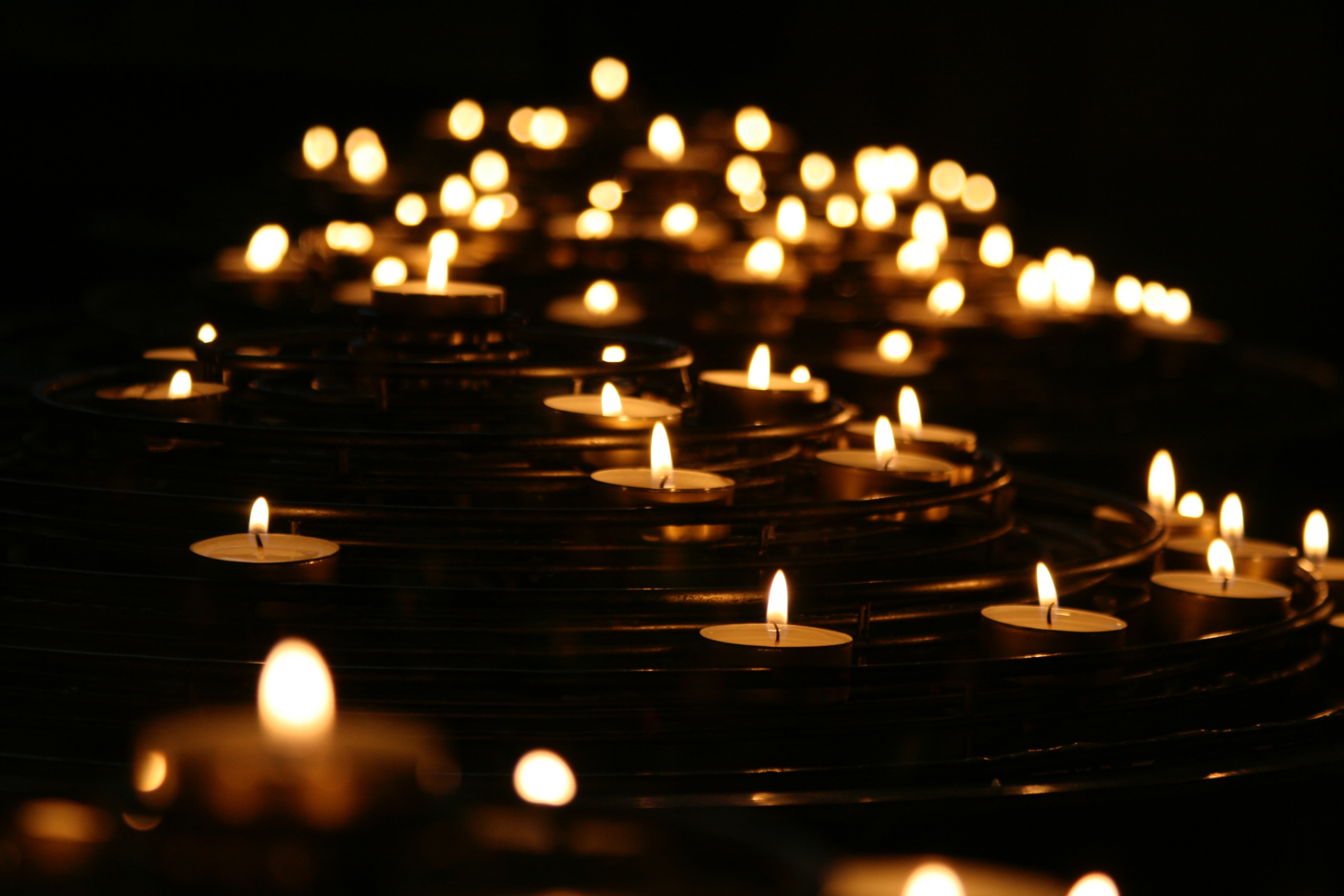When we experience a bereavement, it is common to feel a profound sense of emptiness and longing for what has been lost. We may yearn for the presence, companionship, or love of the person or thing that is no longer with us. We may feel angry or a sense of relief if someone has been unwell for a time.
It is natural at this time to reminisce about shared memories, to miss their touch, their voice, or their laughter. These feelings can be intense and may persist for an extended period.
While grief can be overwhelming, it is important to remember that it is a natural and necessary process. It allows us to honour and acknowledge the significance of what we have lost. Over time, as we navigate through the stages of grief, we can gradually find ways to adapt and integrate the loss into our lives.
Healing does not mean forgetting or moving on, but rather finding a way to carry the memory of what we have lost while continuing to live and find joy in the present.
Ultimately, grief, loss, and bereavement are deeply personal experiences that require patience, self-compassion, and support. It is essential to allow ourselves to feel the pain and sadness, to seek comfort from others, and to find healthy ways to cope with our emotions. Through this process, we can gradually find healing and a renewed sense of hope for the future.
While everyone’s grief journey is unique, there are some common emotions and experiences that many people go through when they lose a loved one. Here are some things you may expect:
- Intense Emotions: Grief often brings about a wide range of intense emotions, including sadness, anger, guilt, confusion, relief, emptiness, or numbness. There is no definitive list of the emotions we may feel, each experience is different and may vary based on relationship and circumstances. These emotions may come in waves and can be overwhelming at times.
- Physical Symptoms: Grief can manifest physically, leading to symptoms such as fatigue, changes in appetite, sleep disturbances, and aches and pains. These physical symptoms are a reflection of the emotional toll that grief takes on our bodies. It is important to listen to your body and slow down if you need too.
- Denial and Disbelief: It is common to initially feel a sense of denial or disbelief when someone we know, or love passes away. It can be challenging to accept the reality of their absence, and it may take time for the loss to fully sink in. This can range from weeks to months or longer in some cases, there is no set time frame for processing grief.
- Yearning and Longing: When we lose someone close to us, we often experience a deep sense of yearning and longing for their presence. We might miss their companionship, love, and the shared memories we had with them. This longing can be intense and may persist for a long time.
- Changes in Daily Life: The loss of a loved one can bring significant changes to our daily lives. We may find it challenging to engage in activities we once enjoyed or to maintain our usual routines. It can take time to adjust to these changes and find a new sense of normalcy.
- Social and Relationship Impact: Grief can also impact our social interactions and relationships. We may feel isolated or find it difficult to connect with others who have not experienced a similar loss, maybe feeling they don’t understand, or feel we must be or act a certain way. It is important to seek support from loved ones or those close to you and be open about how you are feeling. Joining local support groups to help navigate these challenges is also an option.
- Waves of Grief: Grief does not follow a linear path. It often comes in waves, with periods of intense sadness and pain followed by moments of relative calm. These waves can be triggered by reminders of the person we lost or significant milestones and anniversaries. The stages of grief are often referred to as denial, anger, bargaining, depression and acceptance. We can jump around these emotions.
- Healing and Growth: Over time, as we navigate through the grieving process, we can gradually find ways to heal and integrate the loss into our lives. While the pain may never fully go away, we can learn to carry the memory of our loved one while finding joy and meaning in the present.
It is important to remember that grief is a deeply personal experience, and there is no right or wrong way to grieve. It is okay to feel a wide range of emotions and to take the time you need to heal.

